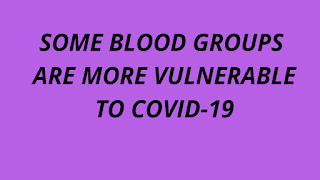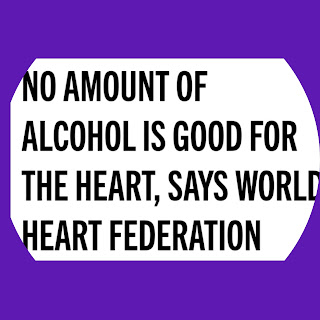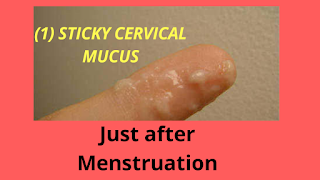Your Blood Group Could Make Your COVID-19 worse
COVID-19 which is a current nightmare in the world has just gotten some confirmations from studies which could make this pandemic more scary to some people.
This was reported by WebMD
By Robin Foster and E.J. Mundell
HealthDay Reporters
THURSDAY, June 18, 2020 (HealthDay News) -- A person's genes and blood type may help determine their odds for a nastier form of COVID-19, should they get infected with COVID-19 a new genetics study finds.
Published online June 17 in the New England Journal of Medicine, the research helps confirm earlier, more anecdotal evidence that blood type was tied to better or worse illness.
Now a team of European researchers have found that people with blood type A had a 45% higher risk of catching coronavirus and developing "COVID-19 with respiratory failure," compared to people with other blood types. On the other hand, people with type O blood had a 35% lower risk for this more serious form of COVID-19.
There are four main blood types: A, B, AB and O.
It's not clear why blood type might influence susceptibility to severe disease. Dr. Robert Glatter, an emergency medicine physician at Lenox Hill Hospital in New York City, noted that genes that control blood type also play a role in the makeup of the surface of cells.
Changes in cell-surface structure might influence the vulnerability of the cell to be infected by the new coronavirus, he said.
"We also know from previous research that blood type affects clotting risk," he said, "and it's now quite evident that critically ill patients with coronavirus demonstrate significant clotting."
The new study was conducted by a multi-institution group of genetic researchers known as the Severe COVID-19 GWAS Group.
They analyzed the genetics and blood types of more than 1,600 COVID-19 patients from Italy and Spain, as well as more than 2,200 healthy controls.
Besides the findings on blood type, the group also found that certain gene clusters were tied to higher odds of developing severe COVID-19 -- one such cluster raised the risk by 77%, the team reported.
According to Glatter, the genetic insights from the European study could also offer up new targets in the search for a COVID-19 vaccine.
Consider watching our YouTube video on how to avoid sickle cell
👇🏼👇🏼👇🏼



Comments
Post a Comment